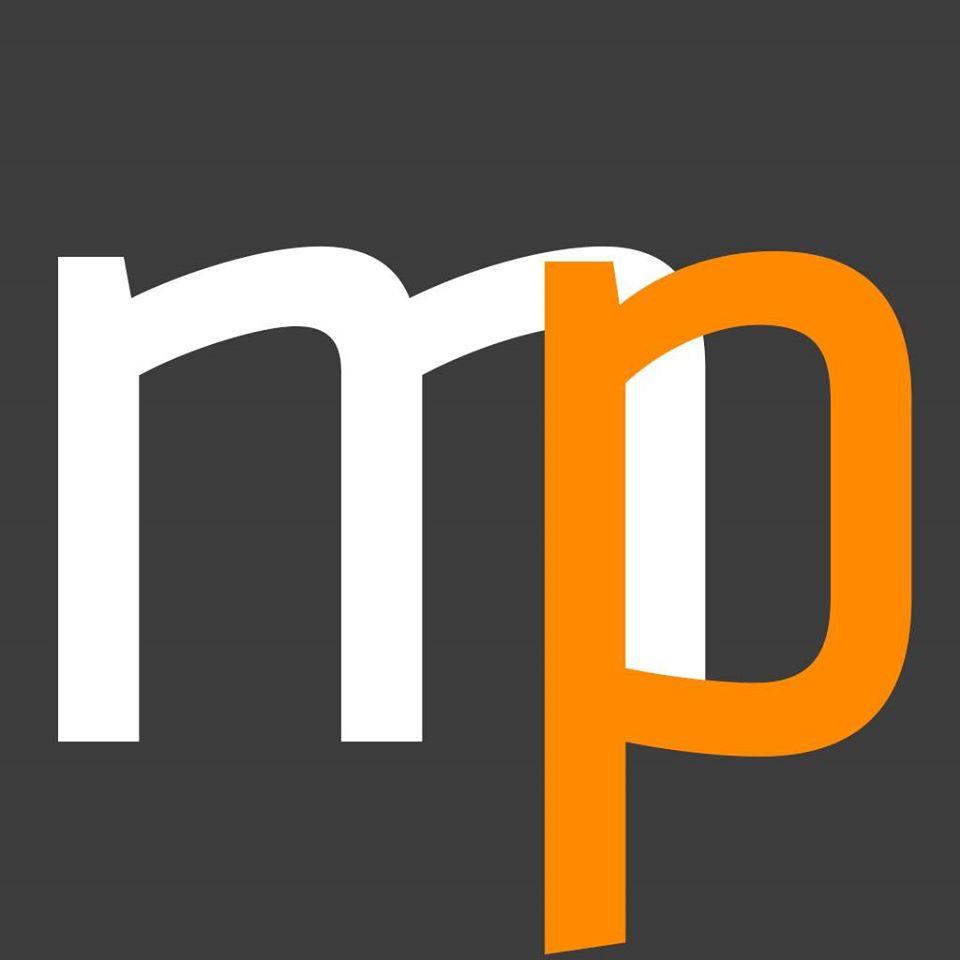The global wearable sleep trackers market size is anticipated to reach USD 27.76 billion by 2030 and is projected to grow at a CAGR of 10.8% from 2024 to 2030, according to a new study by Grand View Research, Inc. The increasing prevalence of sleep disorders such as insomnia, narcolepsy, and sleep apnea globally has led to a growing range of wearable sleep trackers. These trackers are anticipated to offer improved and healthier sleep to individuals affected by these conditions. As per Sleep Care online study 2023, between 50 million and 70 million individuals experience persistent sleep problems, with the most prevalent disorders being sleep apnea, insomnia and narcolepsy. The effect of these sleep disorders is not only subjective but also economic. Sleep disorders are projected to cost the healthcare sector USD 94.9 billion per year.
The growing technological advancements and innovations across the globe boost market growth. For instance, a ccording to the Business Standards article published in May 2024, in the Galaxy Watch series, Samsung is developing AI-powered health tracking features for its upcoming smartwatches.The company is planning to improve its sleep tracking capability with AI. The AI would analyze heart rate, movement, sleep latency and respiratory rate during sleep.
The growing advancements in technology have made wearable devices more sophisticated and accurate in monitoring sleep metrics. Moreover, the convenience and accessibility offered by wearable devices contribute to their popularity. Users can easily wear these devices throughout the night without the need for cumbersome wires or visits to sleep testing facilities, allowing for continuous monitoring in the comfort of their own homes.
Request a free sample copy or view report summary: Wearable Sleep Trackers Market Report
Wearable Sleep Trackers Market Report Highlights
-
The watches segment led the market with the largest revenue share of 80.3% in 2023, due to the integration of advanced sleep tracking technologies in watches which has been a driving factor in their market dominance
-
Based on application, the insomnia segment led the market with the largest revenue share of 48.1% in 2023, due to the rising prevalence of insomnia since the COVID-19 pandemic
-
North America dominated the market with a revenue share of 43.0% in 2023, owing to the existence of a larger number of patients and the growing geriatric population
Wearable Sleep Trackers Market Segmentation
Grand View Research has segmented the global wearable sleep trackers market report based on product, application, and region:
Wearable Sleep Trackers Product Outlook (Revenue, USD Million, 2018 - 2030)
-
Watches
-
Bands
-
Earbuds
-
Others
Wearable Sleep Trackers Application Outlook (Revenue, USD Million, 2018 - 2030)
-
Insomnia
-
Sleep Apnea
-
Others
Wearable Sleep Trackers Region Outlook (Revenue, USD Million, 2018 - 2030)
-
North America
-
U.S.
-
Canada
-
Mexico
-
-
Europe
-
UK
-
Germany
-
France
-
Italy
-
Spain
-
Denmark
-
Sweden
-
Norway
-
-
Asia Pacific
-
Japan
-
China
-
India
-
Australia
-
South Korea
-
Thailand
-
-
Latin America
-
Brazil
-
Argentina
-
-
Middle East & Africa
-
South Africa
-
Saudi Arabia
-
UAE
-
Kuwait
-
List of Key Players of Wearable Sleep Trackers Market
-
ResMed
-
Garmin Ltd.
-
Fitbit
-
Apple Inc.
-
Koninklijke Philips N.V.
-
Huawei Device Co., Ltd.
-
Xiaomi
-
Fossil Inc
-
?ura Health Oy.
-
Zepp Health Corporation Ltd.
Explore Horizon, the world’s most expansive market research database
About Grand View Research
Grand View Research, Inc. is a U.S. based market research and consulting company, registered in the State of California and headquartered in San Francisco. The company provides syndicated research reports, customized research reports, and consulting services. To help clients make informed business decisions, we offer market intelligence studies ensuring relevant and fact-based research across a range of industries, from technology to chemicals, materials and healthcare.
